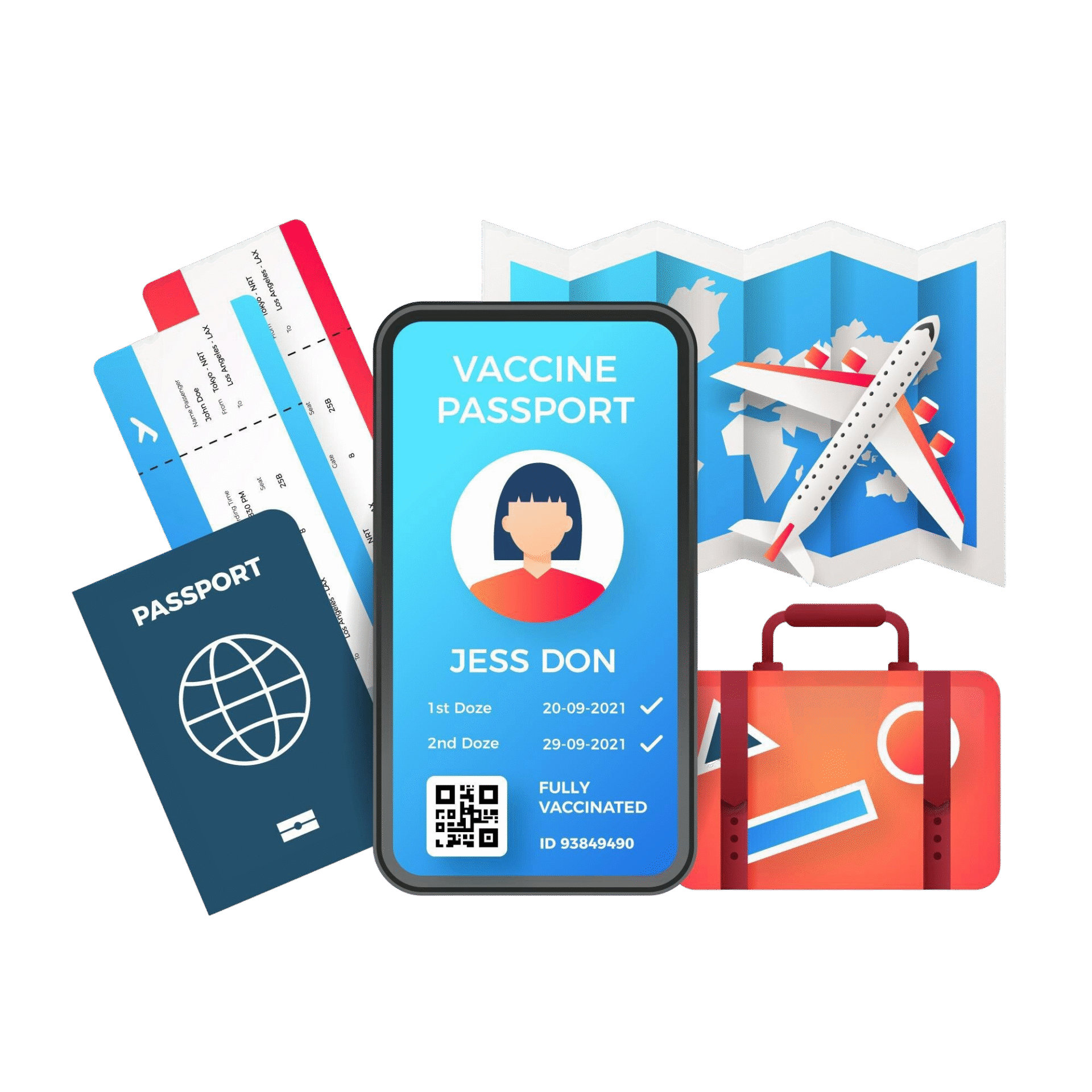Roaming the Globe? Unlock the Secrets to Safe Surfing Abroad!
In today’s digital age, staying connected while traveling has become a necessity. Whether it’s for checking emails, navigating unfamiliar streets, or simply staying in touch with loved ones, having access to safe and reliable Wi-Fi is crucial. However, connecting to public Wi-Fi networks can expose you to various security risks, including data breaches and identity theft. To ensure a safe online experience during international travel, here are some different ways to get secure internet access during international travels.
- 1.Use a Virtual Private Network (VPN)
- 2. Purchase a Local SIM Card
- 3. Rent a Portable Wi-Fi Hotspot
- 4. Use Secure Wi-Fi Networks
- 5. Enable Two-Factor Authentication
- 6. Update your antivirus software
- 7. Avoid using public computers
- 8. Forget Wi-Fi networks when not in use
- 9. Strengthen your passwords
- 10. Turn off Bluetooth and auto-connect Wi-Fi feature
1.Use a Virtual Private Network (VPN)
A Virtual Private Network, or VPN, is an essential tool for securing your internet connection when traveling. By encrypting your data and routing it through secure servers, a VPN creates a private network, shielding your online activity from prying eyes. To use a VPN, you’ll need to subscribe to a reputable VPN service and install their software on your device. Once connected, your internet traffic will be encrypted, making it nearly impossible for hackers to intercept your data. Additionally, a VPN allows you to access region-restricted content, such as streaming services, by masking your IP address and making it appear as if you’re browsing from a different location.
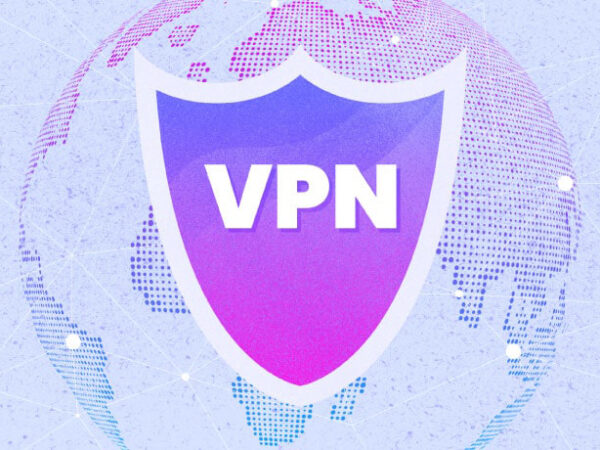
2. Purchase a Local SIM Card
One of the most reliable ways to ensure safe internet access during international travel is to purchase a local SIM card. This option is particularly useful if you’re planning an extended stay or frequently travel to the same destination. By using a local SIM card, you’ll have access to a secure mobile network, eliminating the need to connect to potentially risky public Wi-Fi networks. Additionally, local SIM cards often offer affordable data plans, allowing you to stay connected without breaking the bank. Before purchasing a SIM card, make sure your device is unlocked and compatible with the local network’s technology.
Suggested Read: Travel Insurance Ultimate Guide
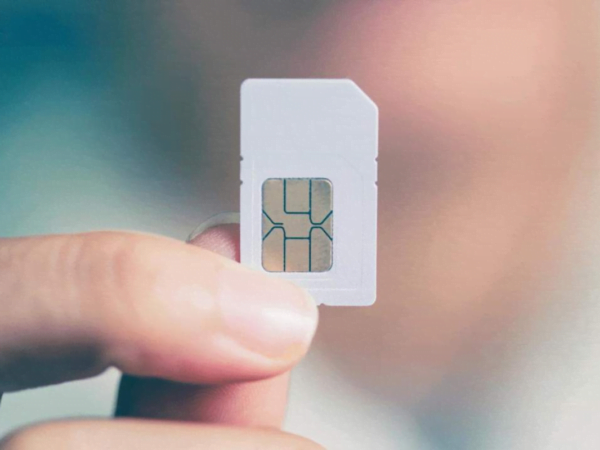
3. Rent a Portable Wi-Fi Hotspot
Another convenient option for safe internet access while traveling is to rent a portable Wi-Fi hotspot. These small devices, also known as pocket Wi-Fi or Mi-Fi, connect to local cellular networks and create a secure Wi-Fi network for your devices to connect to. Renting a portable Wi-Fi hotspot is an excellent choice if you’re traveling with multiple devices or a group of people. It offers the flexibility of connecting your smartphone, tablet, and laptop simultaneously, without the hassle of purchasing multiple SIM cards or dealing with slow hotel Wi-Fi. When renting a portable Wi-Fi hotspot, ensure that you choose a reputable provider and review their security measures to safeguard your data.
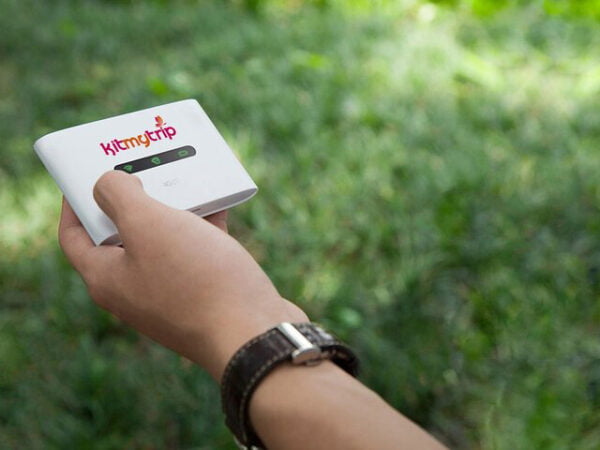
4. Use Secure Wi-Fi Networks
While connecting to public Wi-Fi networks can be risky, there are instances when it may be necessary. In such cases, it’s crucial to take precautions to ensure your safety. First, verify the network’s legitimacy by confirming its name with the establishment or asking the staff for the correct network details. Avoid connecting to networks with generic or misspelled names, as these are often set up by hackers to lure unsuspecting users. Once connected, refrain from accessing sensitive information such as online banking or entering passwords. Consider using a VPN to encrypt your data and add an extra layer of security when using public Wi-Fi networks.
Suggested Read: Top 15 best international travel apps for travelers from UAE
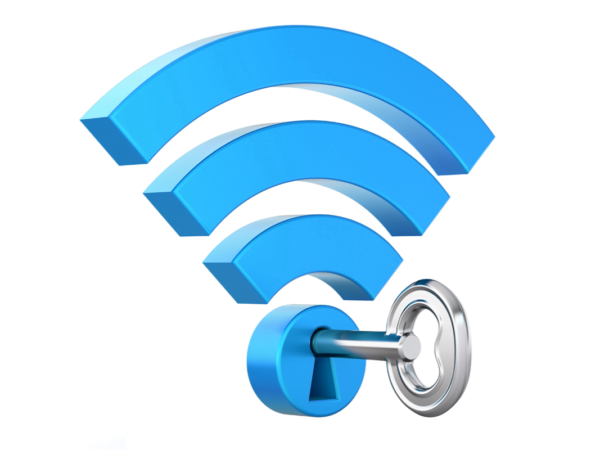
5. Enable Two-Factor Authentication
Regardless of the method you choose to access the internet while traveling, enabling two-factor authentication (2FA) is a vital step in securing your online accounts. 2FA adds an extra layer of security by requiring a second form of verification, such as a unique code sent to your smartphone, in addition to your password. By enabling 2FA, even if your password is compromised, hackers won’t be able to access your accounts without additional verification. Many popular online services, including email providers and social media platforms, offer 2FA as an option. Take the time to enable this feature on all your accounts before embarking on your international travels.
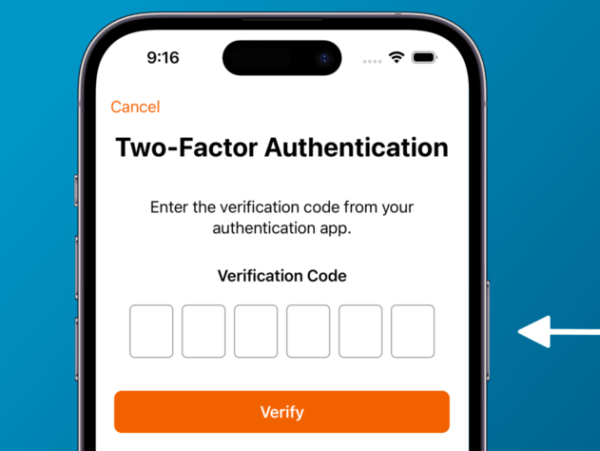
6. Update your antivirus software
If you choose to travel without antivirus software, your computer and details will be vulnerable to hackers. So it is best to update antivirus software before you start your travel. This will ensure that you are protected from viruses during travel. Using an antivirus is the easiest and most affordable way to stay safe using the internet anywhere in the world.
Must Read: What to do if you lose your passport while traveling in foreign countries?
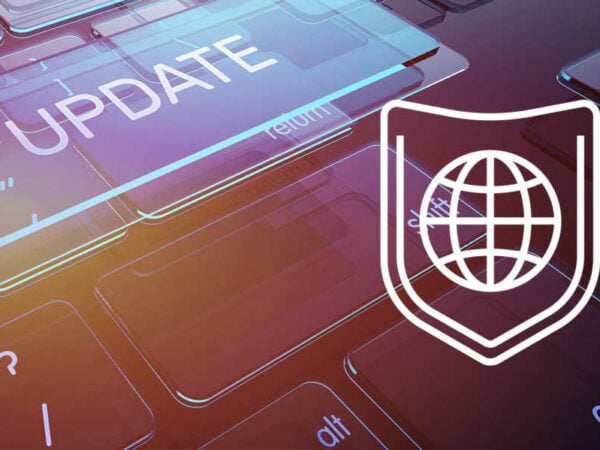
7. Avoid using public computers
You should avoid using public computers while traveling abroad. People may gain access to your screen activities and your personal information is easily accessible by hackers through public computers. So, it is always best to use your own laptop.

8. Forget Wi-Fi networks when not in use
Forgetting a network will remove the network’s password and prevent your iPhone from joining it automatically in the future. So, it is always best to forget Wi-Fi networks while not in use. It’s always best to disconnect unwanted Wi-Fi connections for safer online use.
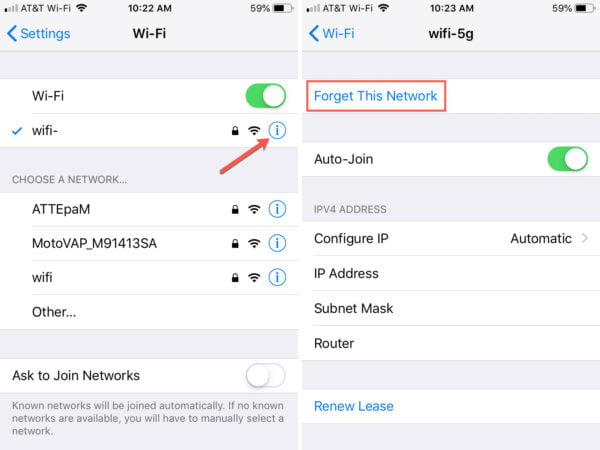
9. Strengthen your passwords
Change your passwords before you travel. If you think you will need to log in to social media, bank, or email accounts during travels it is better to switch to complex, new passwords. Change your passwords once you return home.
Suggested Read: What is Travel Credit Card? Do you really need it?
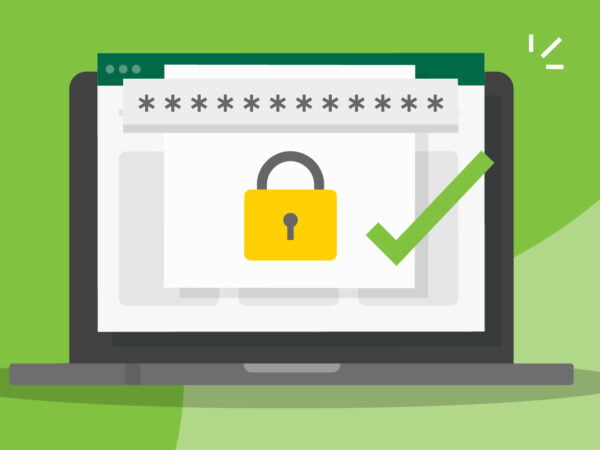
10. Turn off Bluetooth and auto-connect Wi-Fi feature
Turn off your Bluetooth unless you need to use it. Turn off any features that will automatically connect your device to any available Wi-Fi network. If you keep this feature enabled it will give you access to the number of open networks available within your area which you aren’t even looking for. Connecting to an open Wi-Fi network, such as a free wireless hotspot, exposes your computer or mobile device to security risks.
Also Read: What is a Travel Credit Card and Why Do You Need One?
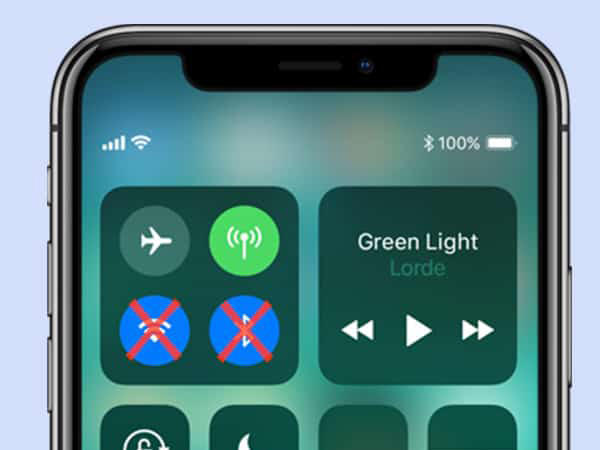
Conclusion
Staying connected while traveling is essential, but it’s equally important to prioritize your online security. By using different ways as we mentioned above you can ensure safe and secure internet access during your international travels. Remember to research and choose reputable providers, follow best practices for online security, and stay vigilant while using public networks. With these precautions in place, you can enjoy a worry-free online experience while exploring the world.



